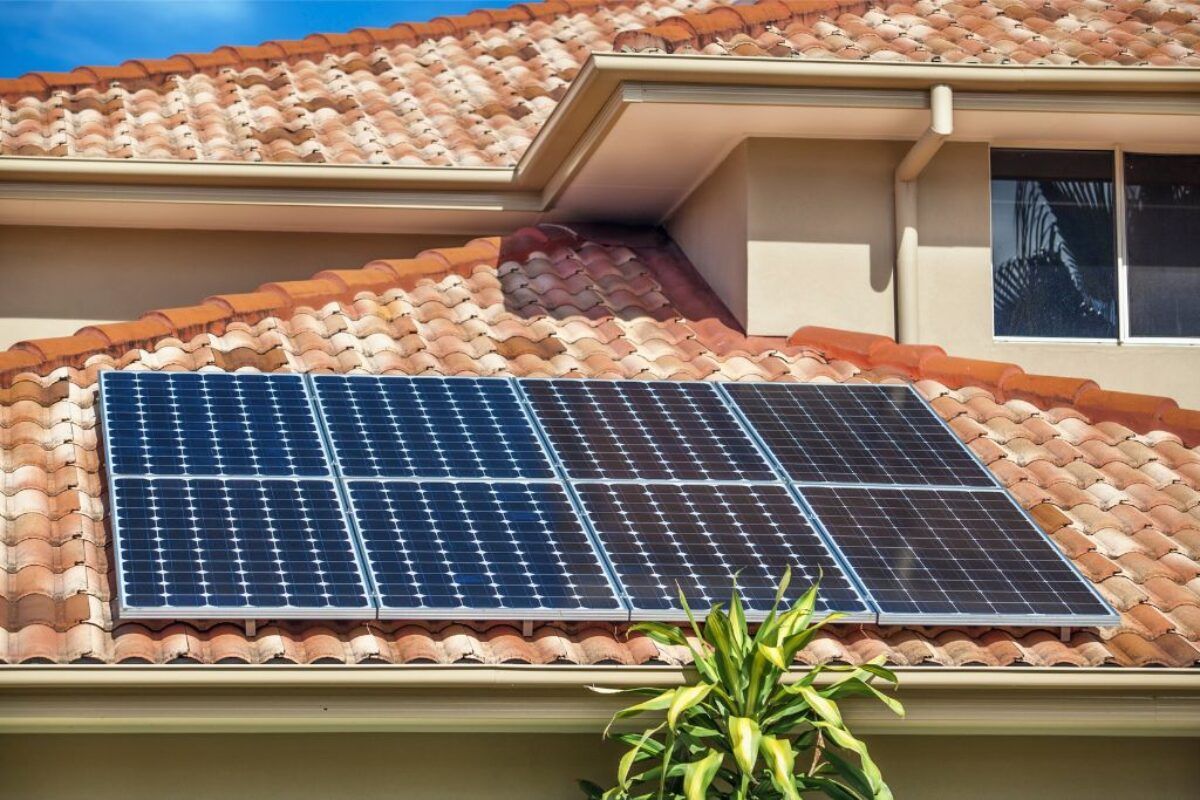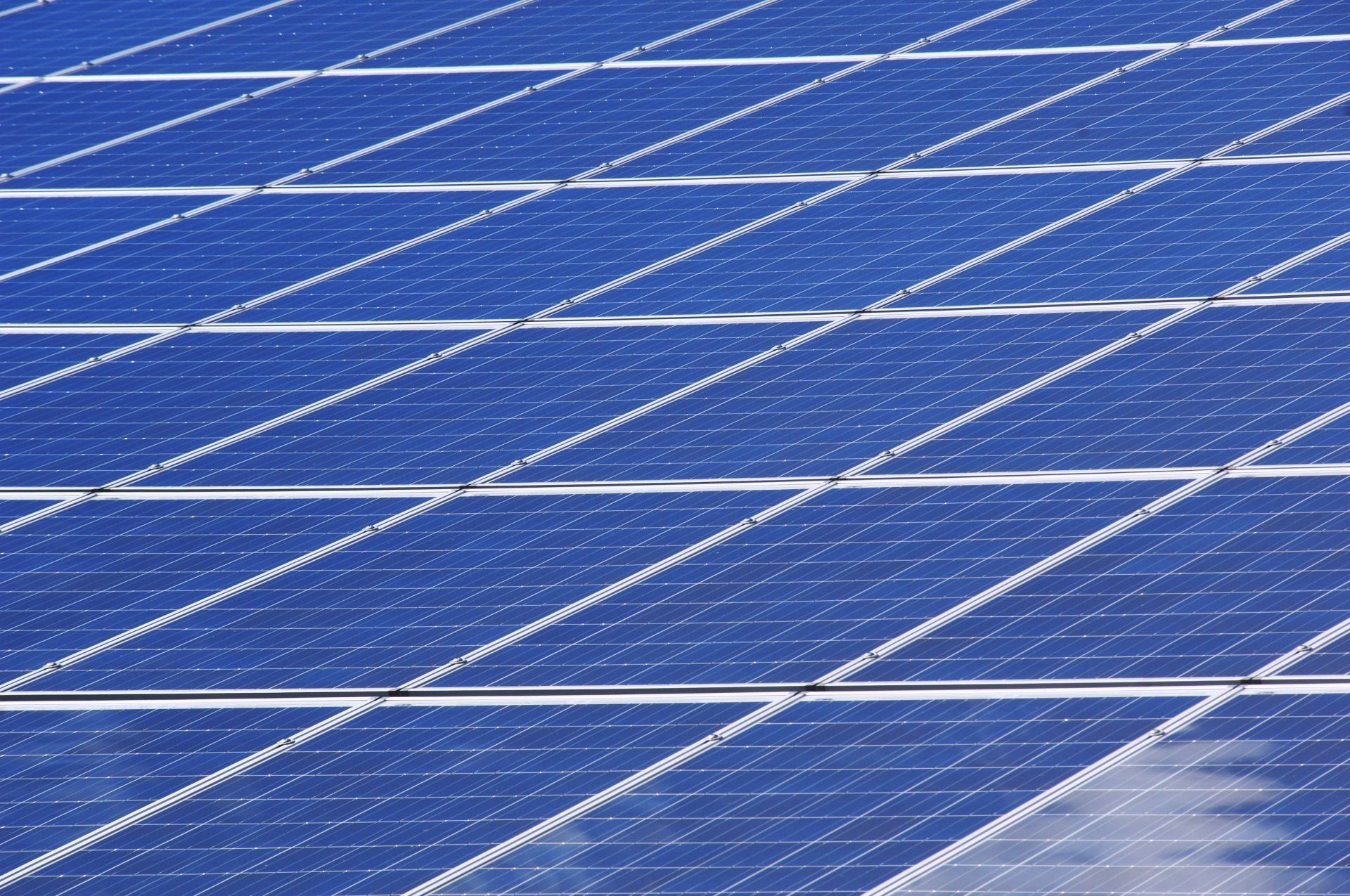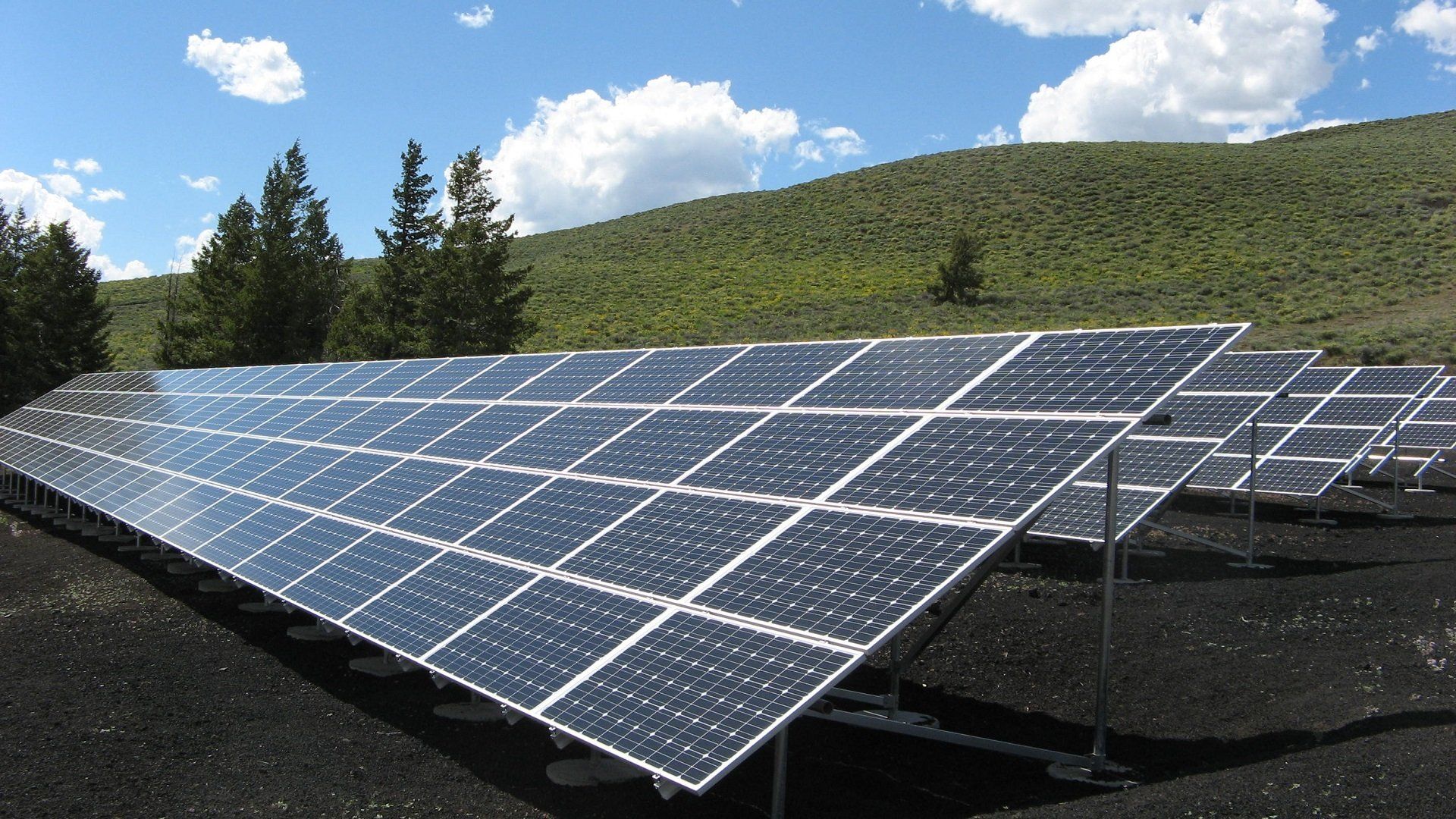How to Choose the Right Solar Panels for Your Home
In the quest for sustainable energy solutions, solar power stands as a beacon of hope. Installing solar panels on your home not only reduces your carbon footprint but can also lead to substantial long-term savings on your energy bills. However, with the multitude of options available in the market, selecting the right solar panels can be a daunting task. To help you make an informed decision, here are key considerations to guide you in choosing the right solar panels for your home.
1. Evaluate Your Energy Needs:
The first step in choosing the right solar panels is to understand your household's energy consumption. Take a look at your monthly energy bills to determine how much electricity your home typically consumes. This information will serve as the foundation for calculating the size and capacity of the solar panel system you'll need.
2. Efficiency Matters:
Solar panel efficiency refers to the amount of sunlight a panel can convert into usable electricity. Higher efficiency panels are capable of generating more electricity in a smaller space. While they may come at a premium, they can be a wise long-term investment, especially if you have limited roof space.
3. Consider the Type of Solar Panels:
There are three main types of solar panels: monocrystalline, polycrystalline, and thinfilm. Monocrystalline panels are known for their high efficiency and sleek appearance, while polycrystalline panels are more affordable but slightly less efficient. Thin-film panels are flexible and suitable for certain applications. Each type has its own advantages, so choose one that aligns with your specific needs and budget.
4. Assess Durability and Warranty:
Solar panels are a long-term investment, so it's crucial to ensure they are built to withstand the elements. Look for panels with a robust frame and high-quality materials. Additionally, check the manufacturer's warranty to ensure your investment is protected in case of any defects or performance issues.
5. Consider Aesthetics:
The appearance of your solar panels may be an important factor, especially if you have specific aesthetic preferences or homeowners' association guidelines to adhere to. Monocrystalline panels are typically black and tend to blend in seamlessly with most roofs, while polycrystalline panels are bluish and may be more noticeable.
6. Review Manufacturer Reputation:
Research the reputation and track record of the solar panel manufacturer. Established and reputable companies are more likely to produce high-quality panels that meet industry standards. Reading reviews and seeking recommendations can provide valuable insights.
7. Inverter Compatibility:
The inverter is a critical component that converts the DC electricity generated by solar panels into usable AC electricity for your home. Ensure that the solar panels you choose are compatible with a high-quality inverter to maximize energy production.
8. Get Multiple Quotes:
To ensure you get the best value for your investment, obtain quotes from multiple solar panel installers. This will give you a comprehensive view of the costs involved and help you compare different options.
Choosing the right solar panels for your home is a significant decision that involves careful consideration of various factors. By evaluating your energy needs, understanding panel types, and considering efficiency, durability, and aesthetics, you can make an informed choice that aligns with your goals for sustainable, clean energy. Additionally, consulting with a reputable solar panel installer can provide valuable insights and recommendations tailored to your specific needs. Remember, investing in high-quality solar panels is not only an investment in your home but also in a more sustainable future for generations to come.








